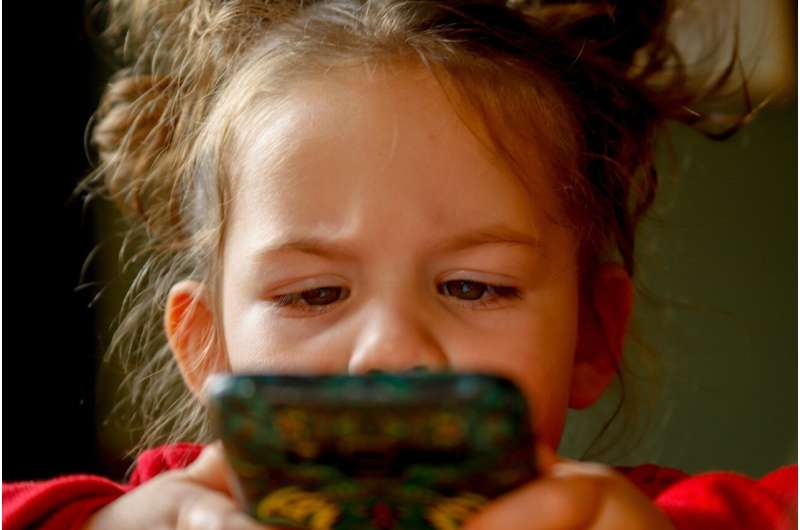Survey: More than a third of children worry at least once a week, with their tendency to worry progressing with age

Frequency of worry
- Most children (86%) report worrying, with one in three (37%) worrying once a week or more.
- 1 in 3 children (33%) feel they worry more than most children their age.
Sources of worry
- Children worry most commonly about school (64%) and friends or friendships (41%), with girls more likely than boys to worry about friendships (50% vs. 32%).
- More than one in three children (35%) worry about the health of people they love.
- Children who worry about their looks (65%), being bullied (55%), and about their friends or friendships (47%) say that they do so once a week or more.
- For 1 in 5 children, their worries extend to the world around them. These children are worried about money (21%), violence in the world (20%), and the environment (19%) and worry about these topics at least once a week.
What kids do and coping mechanisms for worry
- Regarding the effects of worry, many children say they feel distracted or unable to focus (40%), sad or miserable (36%), or feel quiet or like they don’t want to talk to anyone (34%). Others report feeling sick to their stomach or like their stomach hurts (23%) or head hurts (21%).
- When they feel worried, nearly all children (97%) say they take actions to make themselves feel better or make themselves stop worrying. Roughly half say they talk to someone (49%), watch TV (49%), or play video games (48%).
- Of these children, talking to someone (96%), and doing something creative (93%) top the list of actions that actually make them feel better.
Support for worry
- Among the younger children polled—ages 9 to 11—more than 75% say they turn first to their parents for information or advice (77%), but that number dwindles to only 51% for 12 to 13-year-olds.
- Overall, 53% of children think that adults don’t understand what they worry about, ranging from 45% among elementary school children to 59% for middle schoolers.
Source: Read Full Article
